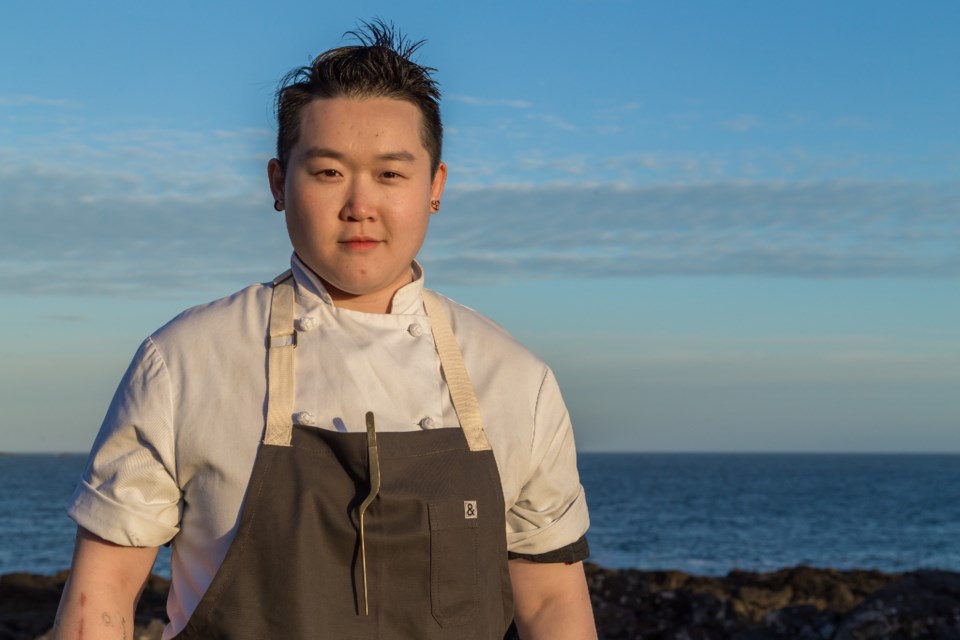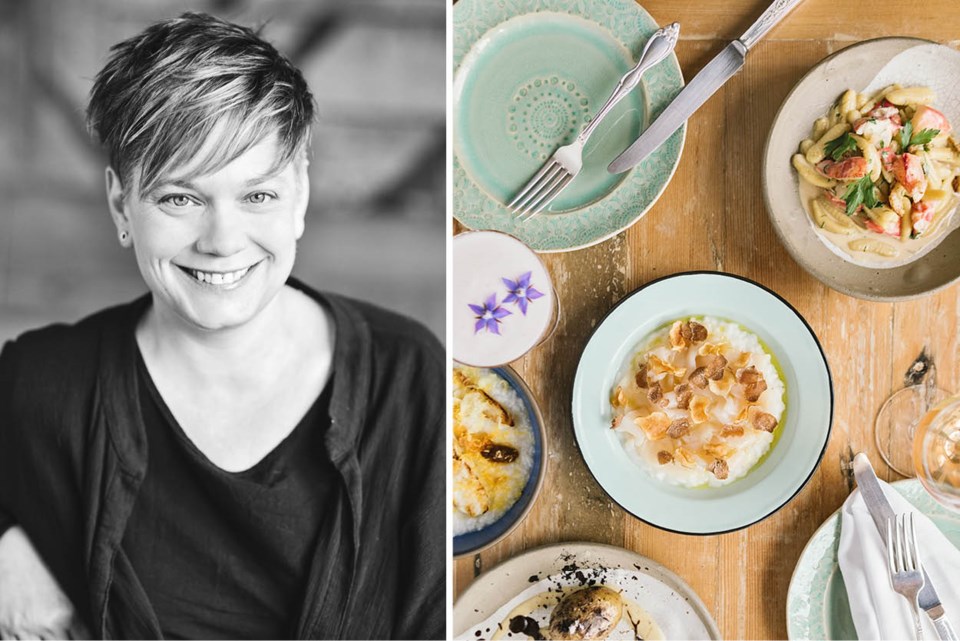In the wake of the Harvey Weinstein and Kevin Spacey accusations, and the loud and fiery follow-up from high-profile restaurateurs like Jen Agg of The Black Hoof (and other restaurants) in Toronto, the spotlight on the hospitality industry has moved from the urgent need for staff across the country to the toxic environment that many female chefs work in.
But is it as bad as that? And is the industry itself, rather than society, to blame?
“Sexism exists on a societal level,” says Andrea Carlson, chef/owner of Burdock and Co.
“Perhaps it’s a technician who prefers to speak to a male cook rather than me – the chef, owner and person who called him for the job. Or a journalist who refers to me as a “girl” when there’s no way they are referring to male chefs as “boys.”
That’s not to say that “bro culture” in restaurants isn’t a real and prevalent thing.
“The biggest challenges I have run into are mainly overcoming the need to constantly prove myself amongst male peers,” says Eva Chin, executive chef at Royal Dinette. “Embracing my vulnerability should be something that makes one stronger, but I find that when a female embraces it, it is targeted as ‘soft’ and ‘emotional.’”

This might be the reason why female chefs/owners tend to hire all-female or female-predominant staff, such as at Vij’s. Chef/co-owner Meeru Dhalwala runs an all-female kitchen that churns out the city’s most lauded and popular Indian food.
Avoiding the butt-slapping and sex jokes is incentive enough, but that doesn’t protect female servers and cooks from experiencing gender discrimination from their customers. “We see it with our female front of house manager who may have experiences with a male customer who is not content until he speaks to a male – even though she is the manager,” explains Carlson. “And, wow, when a female manager frustrates them and they want the owner, they’re really unhappy that again it’s a female.”
The money factor is another indicator that the scales are not quite balanced. “I feel pay inequity has long been an issue,” says Carlson. She’s not wrong.
According to the latest data released from Statistics Canada, which looked at numbers up to 2015, women today earn 87 cents for every dollar a man earns. That’s up 10 cents since the early ’80s, so not a huge improvement.
On the bright side, things are changing, albeit slowly. Local male chefs, like JC Poirier of St. Lawrence and Ask for Luigi, and Mark Perrier of Savio Volpe, are quick to praise their female colleagues and promote them. “We don’t have many female chefs in the city and she is one of the bright lights,” says Poirier, speaking of his chef de cuisine, Letitia Wan. “She’s my right-hand, very talented.”
And, more female chefs are opening their own restaurants and running their own kitchens. “Over the years, I have seen the rise of so many amazing female chefs and I couldn’t have felt more inspired,” says Chin. “To be able to fully embrace your womanhood as a chef and run a kitchen with compassion, nurturing, love, and discipline is to fully embrace your femininity.”



